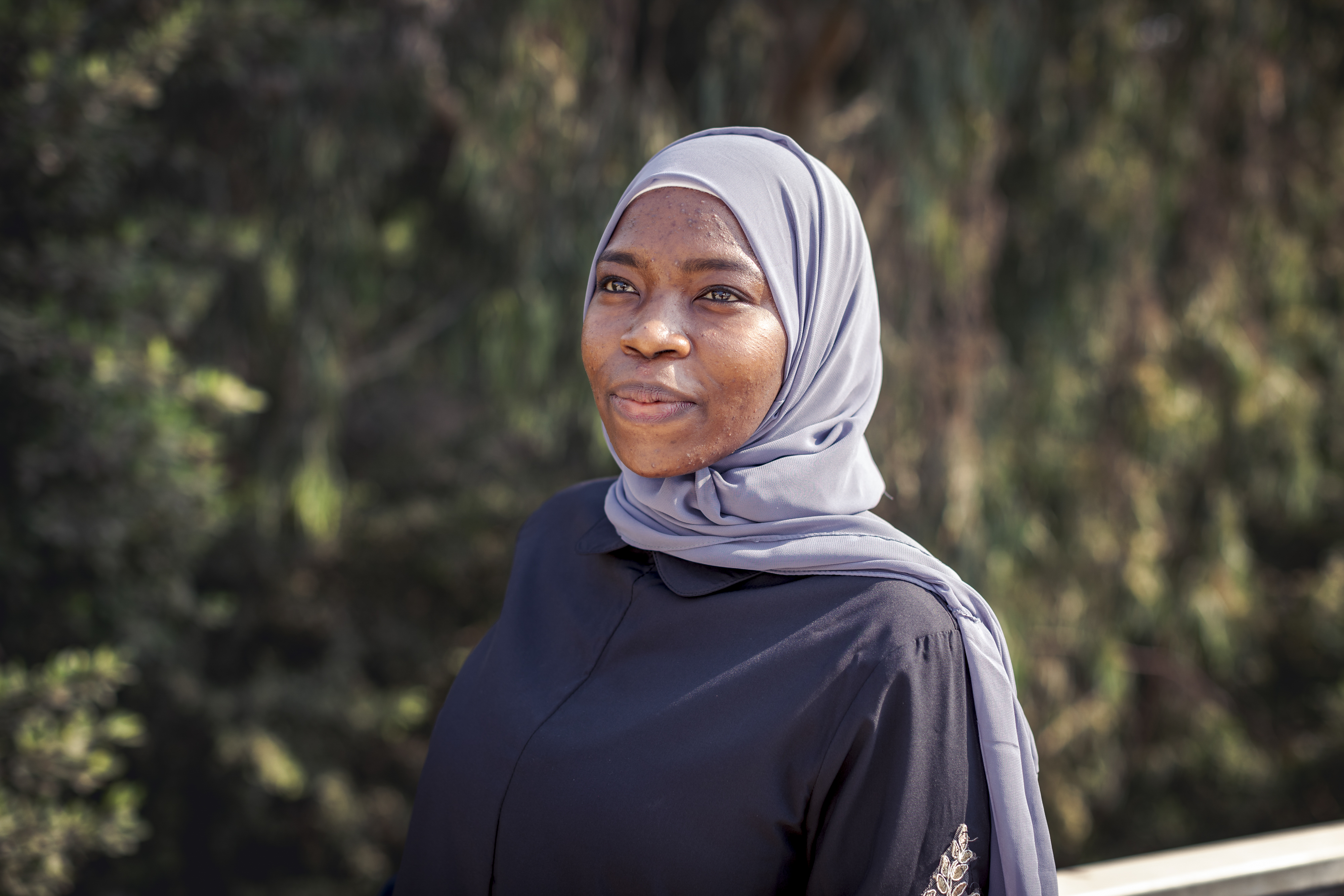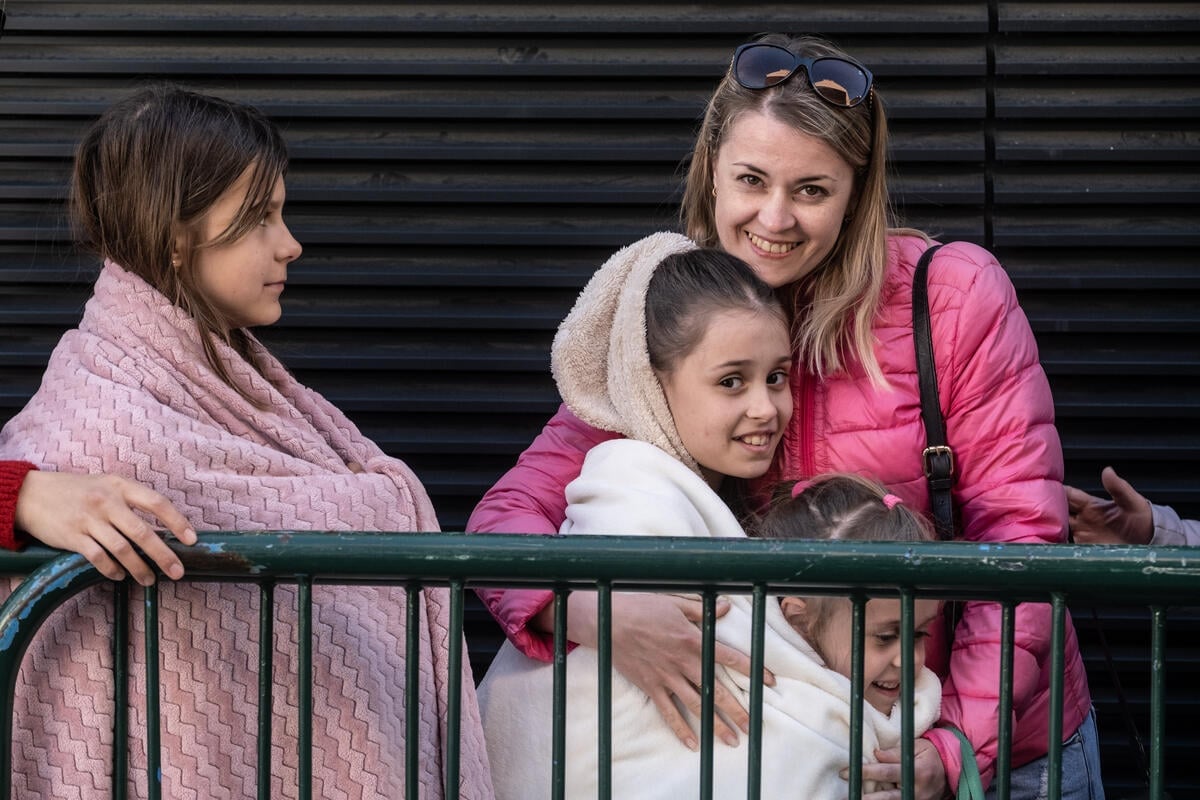Graduation Of 19 Health Educators Milestone For Refugees
Graduation Of 19 Health Educators Milestone For Refugees

KUALA LUMPUR, 19 January 2009 - 19 Myanmar refugees living in Malaysia graduated from the first community health educators programme organised by the UN Refugee Agency (UNHCR).
The graduation ceremony, held at the Chinese Assembly Hall here yesterday, marked the end of an eight month long intensive programme.
The training initiative's organizer and main instructor, Dr. Susheela Balasundaram, a Health Officer at the UNHCR in Malaysia, said the program was born out of the realization by refugee communities, Non Governmental Organisations and UNHCR that health awareness starts at the level of the individual.
"I think we all realised that ensuring the health of refugees is only possible if individual community members are empowered with the information needed to prevent the spread of infectious diseases," said Dr. Susheela. "The graduation of 19 community health workers is nothing less than a testament to that process."
Participants had gathered once a week at the UNHCR Office to gain the expertise necessary to communicate basic information on issues like reproductive health, mental health and oral hygiene as well as methods of preventing the spread of serious infectious diseases like tuberculosis and HIV/AIDS.
A graduate of the programme, Myanmar refugee Saw Khin, explains the value of empowering members of his community to deal with the health challenges they face every day.
"Many Burmese people aren't knowledgeable about even the most basic heath issues. This is why many of them get sick," he says. "This is also why it's vital that refugees develop the capacity to transmit public health information within their own communities."
Refugees are no different than any other person in that they are equally vulnerable to the diseases that affect local communities. But where they differ is that refugees often find local healthcare facilities difficult to access due to costs, fear of travelling to reach those facilities and language barriers. The challenge for UNHCR and NGOs working to help refugees is to make healthcare more easily available to them. One way of ensuring healthcare knowledge is received by refugees is to empower them to educate each other.
The Health Educators have already begun working with their communities by giving talks on health matters such as HIV/AIDS prevention, care and treatment and in reproductive health. Integral to their role is to promote the early detection and treatment of illnesses by encouraging the communities to visit healthcare professionals. The graduates will continue to upscale their education efforts and train others to also do the same.
Referring to the scope of the initial training program, Dr Susheela feels that while the pilot programme focused on Myanmar refugees, it could be adapted for other groups as well to ensure that communities are empowered to be part of addressing their healthcare concerns.
In conjunction with the graduation ceremony, a Health Awareness Day was organised for refugees by the health educators and Non Governmental Organisations. Some 300 Myanmar refugees attended the event, and received detailed information packages in Burmese on different health issues including tuberculosis, avian influenza, heart disease and sexually transmitted infections (STIs). Participants were also able to the dozen or so information booths set up around the hall.
The booths, run by NGOs such as the Buddhist Tzu Chi Foundation, Malaysian Care, Health Equity Initiative and the Federation of Family Planning Associations Malaysia, provided the refugees a rare opportunity for direct contact with health care professionals and the opportunity to ask them questions regarding their health concerns.









